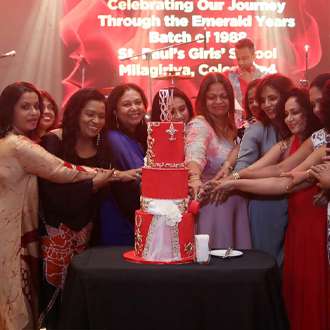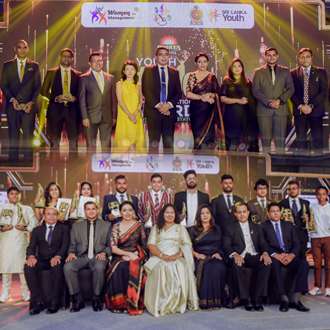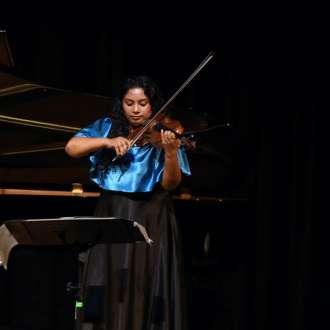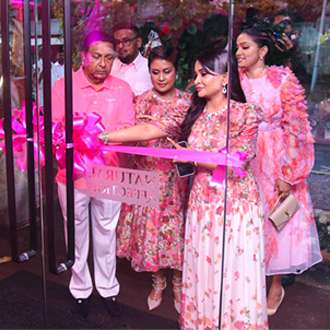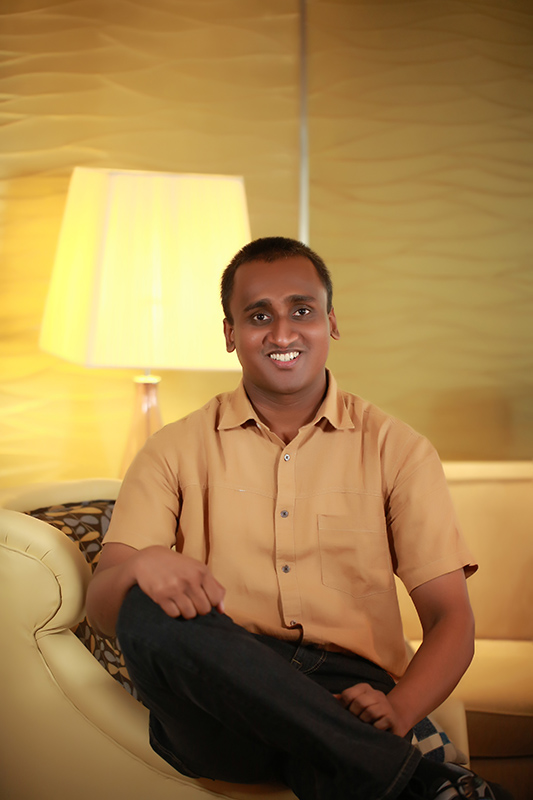

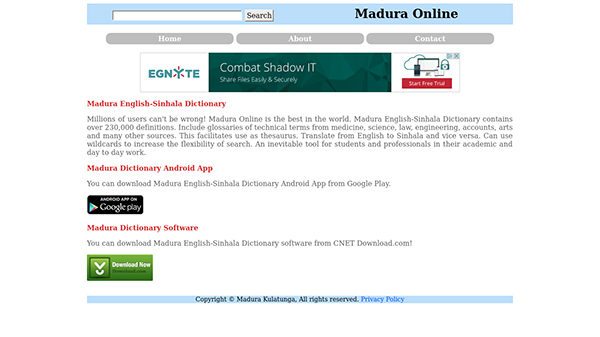
With so many Sri Lankan professionals and academic students working or studying online today, it's no wonder that Madura Kulatunga's English-Sinhala Dictionary has become such a success. Packed with over 230,000 definitions, including glossaries of technical terms from medicine, science, law, engineering, accounts, arts and many other sources, this comprehensive electronic dictionary, founded in 2002, is available as computer software, online website (https://www.maduraonline.com) and android app.
Here, Madura Kulatunga, a respected and familiar name in Sri Lanka, and also an ardent technophile, chats with Hi! about how his bilingual dictionary has made a difference to the way in which people learn English autonomously and why students seem to be having a more positive attitude towards learning English with it.
During my school days, I enrolled and worked in school clubs & societies so – even back then in those days –I realised how important and highly-valued computer knowledge and communication skills were in every field of human endeavour. After developing the Madura English-Sinhala Dictionary, I was even more motivated to gain further knowledge in this particular field, so crucial in today's academic and professional environments.
I believe young Sri Lankans are competent with technology so they easily grasp remote teaching without difficulty. While in many areas Sri Lanka has adequately reliable access to appropriate technologies and resources, the problem is that it is non-existent or very slow in some places (rural areas for example), and not everyone can afford computers and other devices.
Comparatively, I think it is without doubt that digital dictionaries serve users better than their paper predecessors. First, users are relieved of the burden of having to carry around a bulky printed dictionary. Secondly, it's time-consuming to search for words and translations whereas, with a digital format, users can benefit from lightning-fast search functions, increased flexibility, and all kinds of supplementary resources. Users can even access information via their mobile phones.
The Madura English-Sinhala Dictionary is a comprehensive facility. Of course it translates from English to Sinhala and vice versa, and it can also be used as a thesaurus,. It has available an additional search facility that makes use of "wildcard characters", something which is not widely known.
I undertook the research on the technology required to combine word definitions with all the available extra information and resources. The definitions came from dictionaries available at that time. I'd like to take this opportunity again to thank all those authors for their contributions and generosity.
As a learning technology, the Madura English-Sinhala Dictionary helps users to learn words quickly and it can be used anywhere, whenever you need it, even while travelling. For those wishing to dig deeper, additional meanings are categorised according to various disciplines. Therefore, students should not need to depend on others but they can learn to develop their own bespoke learning strategies.
I learned English at school, and I also had private lessons. After receiving my first computer and starting to learn computer science, I enhanced my abilities in English and that helped tremendously with further developing computer skills.
When Professor Gihan Dias invited me to make a presentation to the symposium I was highly excited. Really, it is a rare opportunity to present to such a symposium. Professor J. B. Disanayaka and several other scholars who had participated in the symposium expressed their appreciation of the presentation which I made on my Madura English-Sinhala Dictionary.
When we were students, I experienced how difficult it was to afford all the things we needed. That memory came to mind just as I completed the dictionary. That motivated me to make it available free of charge for the benefit of students everywhere.
Acronyms and abbreviations can be addressed by conventional lexicography. The role of emojis and emoticons is still in its developing stages in lexicography. People who successfully adapt to new technologies such as computers and smartphones have no requirement to use written/paper dictionaries.
Digital lexicography is convenient to use. It displays more useful technical facilities, such as digital search functions, and material is continuously being updated. Because of these features, digital lexicography definitely has a golden future.
Facebook: https://www.facebook.com/madurakulatunga
LinkedIn: https://www.linkedin.com/in/madurakulatunga
You can download Madura English-Sinhala Dictionary Android App on Google Play.
You can download Madura English-Sinhala Dictionary software on CNET Download.com!
